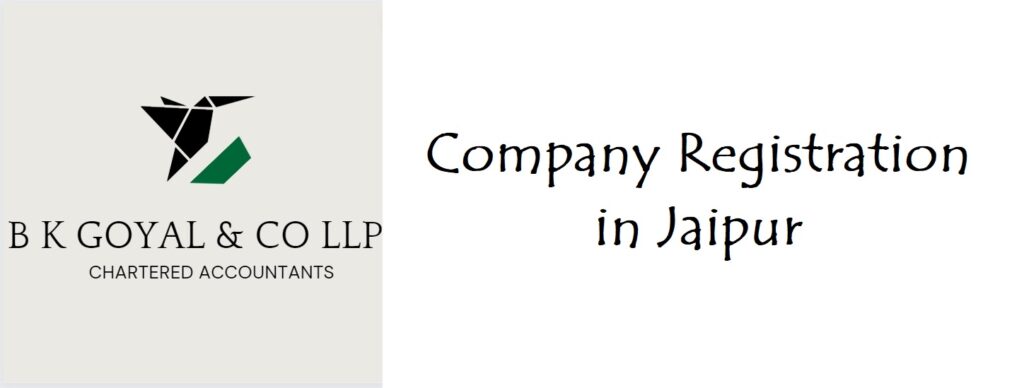Foreign Director in Private Limited Company Registration in India
Income Tax Return Filing Income Tax Appeal Income Tax Notice GST Registration GST Return Filing FSSAI Registration Company Registration Company Audit Company Annual Compliance Income Tax Audit Nidhi Company Registration LLP Registration Accounting in India NGO Registration NGO Audit ESG BRSR Private Security Agency Udyam Registration Trademark Registration Copyright Registration Patent Registration Import Export Code […]
Foreign Director in Private Limited Company Registration in India Read More »
